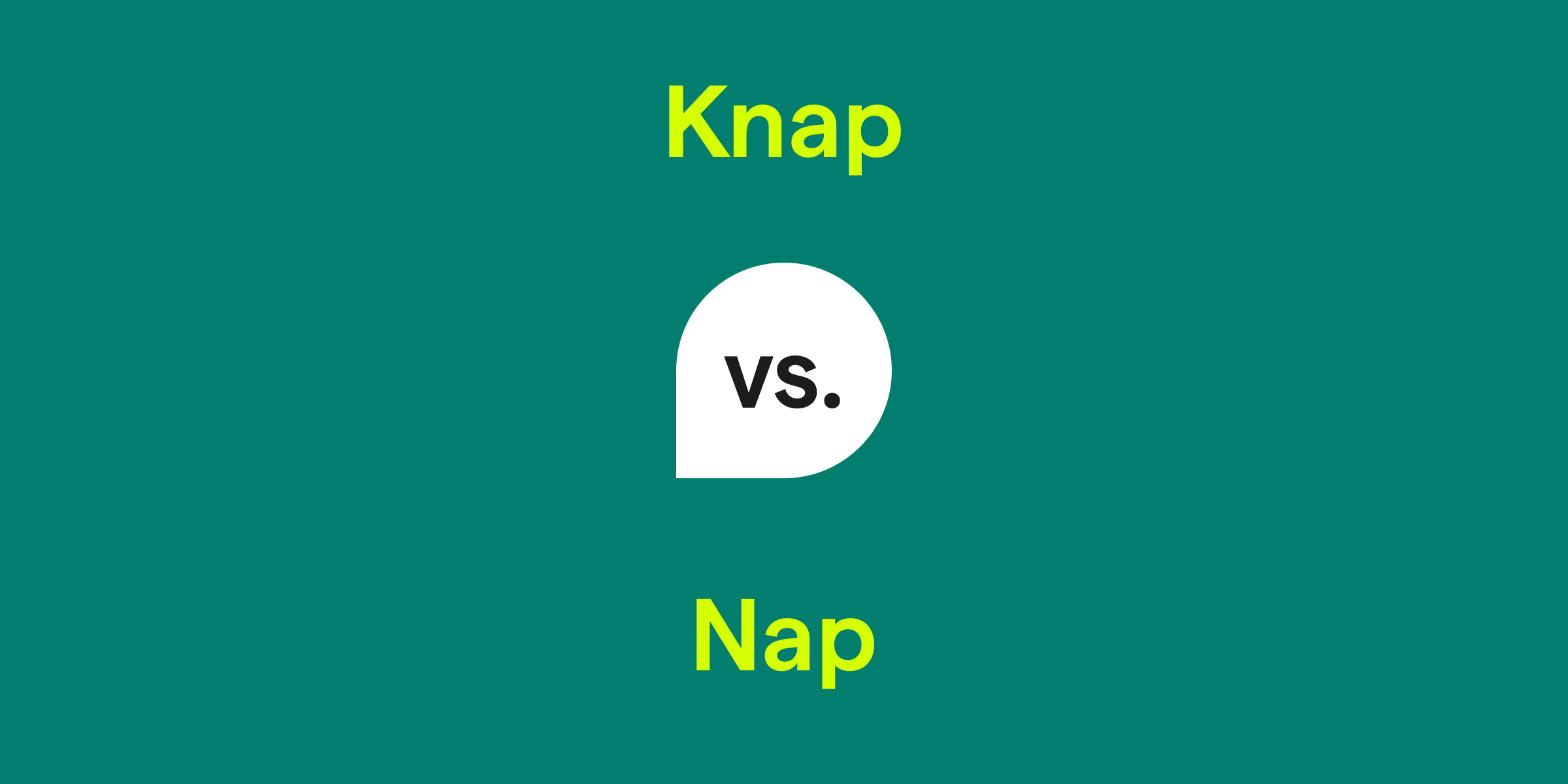Knap vs. Nap: What's the Difference?
Understanding the difference between knap and nap is crucial for accurate communication. Knap is a term often used to refer to a short, sharp sound made by a sudden impact, like two rocks striking together, or the act of breaking something small with a quick, sharp action. Nap, on the other hand, commonly describes a brief period of sleep, usually taken during the day to rejuvenate one's energy.

How do you use the word knap in a sentence?
The word knap can be used when referring to the action of breaking something with a sharp sound or to describe the sound itself. It is often associated with the skill of shaping flint or other stone materials by chipping away small pieces. You might use it when admiring a craftsman's skill or describing a precise physical action.
Examples of knap in a sentence
- He could knap the flint into arrowheads with remarkable precision.
- With a quick knap, she broke the chocolate bar into two pieces.
- The knap of twigs snapping echoed through the forest, alerting the animals to our presence.
How do you use the word nap in a sentence?
The word nap typically refers to a short sleep, especially during daylight hours, meant to refresh a tired individual. This term is widely used in everyday language to suggest resting for a brief period, often to revitalize oneself for the remainder of the day's tasks.
Examples of nap in a sentence
- She decides to take a quick nap before starting her evening shift at work.
- After a fulfilling lunch, a short nap seemed like the perfect idea.
- I caught my cat in the middle of a cozy nap on the sunny windowsill.
Knap and nap definition, parts of speech, and pronunciation
Knap definition:
Knap (verb) refers to the act of breaking something small with a quick, forceful action or to make a short, sharp sound, often associated with craftsmanship involving flint and stone.
Knap parts of speech:
Knap pronunciation:
Knap is pronounced as /næp/, with a silent 'k' at the beginning.
Nap definition:
Nap (verb) means to sleep for a short period, usually during the day; as a noun, it refers to the sleep itself.
Nap parts of speech:
Nap pronunciation:
Nap is pronounced as /næp/, and it rhymes with the words 'cap' and 'map'.
Knap (verb) refers to the act of breaking something small with a quick, forceful action or to make a short, sharp sound, often associated with craftsmanship involving flint and stone.
Knap parts of speech:
- You can often hear the knap of the stonemason's tools from across the street (Noun).
- Learning to knap stones is an ancient skill that requires patience (Verb).
Knap pronunciation:
Knap is pronounced as /næp/, with a silent 'k' at the beginning.
Nap definition:
Nap (verb) means to sleep for a short period, usually during the day; as a noun, it refers to the sleep itself.
Nap parts of speech:
- Taking a nap can significantly increase productivity (Verb).
- The children settled in for their afternoon nap (Noun).
Nap pronunciation:
Nap is pronounced as /næp/, and it rhymes with the words 'cap' and 'map'.
Knap vs. Nap in a nutshell
While knap and nap are homophones, each with its unique meaning and use. Knap is used to describe the act of breaking or the sound made by a quick, forceful action, and is often related to precision crafting with stones. A nap, conversely, is a short period of sleep aimed at revitalization. Remember, knap has a silent 'k' and the two terms hold different places in language, the former being more specialized while the latter is common in daily conversation.
Get AI Writing Assistance Wherever You Type
Make sure your vocabulary is on point and every punctuation mark is in the right place, no matter where you’re working. Grammarly works across more than 500,000 websites and apps so you can improve your writing without copying, pasting, or breaking focused.

More Commonly Confused Words
Interest piqued? Pore (not pour) over other commonly confused words to help your writing reach peak (not peek) performance.